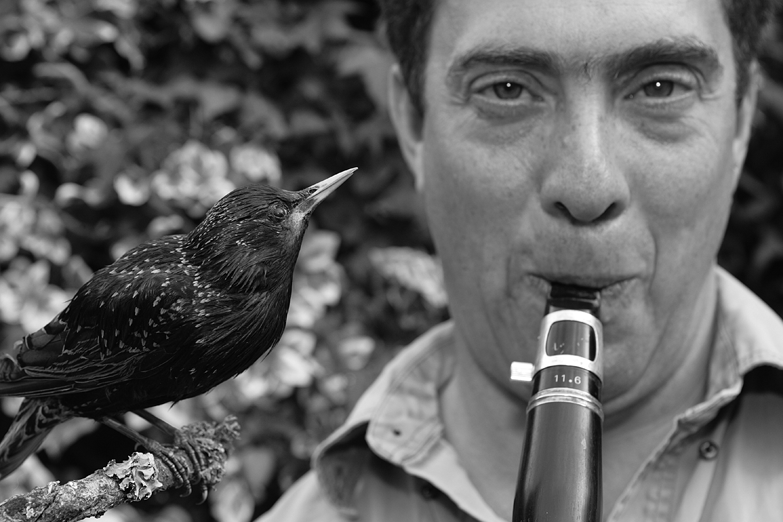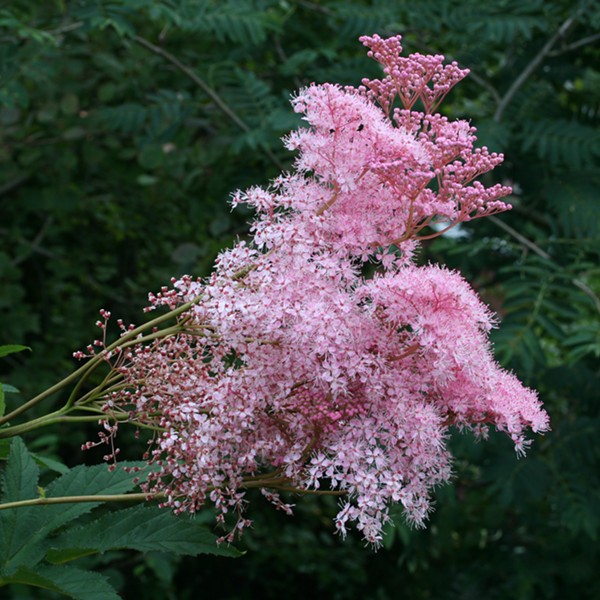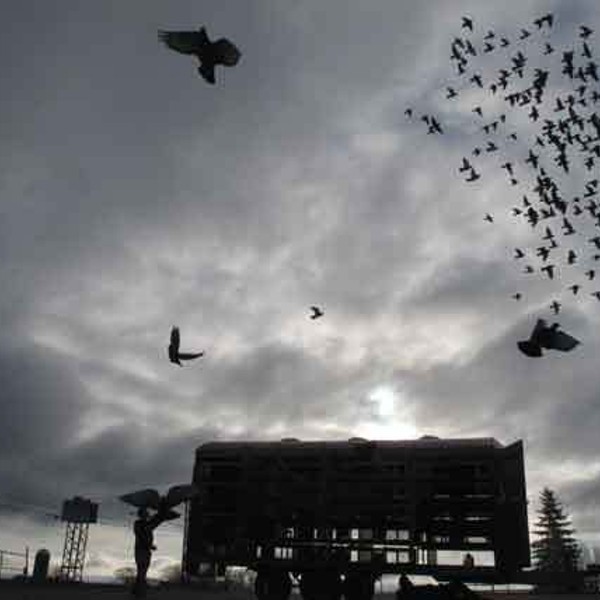In the early morning during this season, a lone bird begins singing outside the bedroom window of my cottage in the woods. Within a few minutes, another bird joins in to make it a duet. Soon after, a choir of birds slowly builds, dozens joining in the grand explosive opera. Every day it’s the same. Sometimes I listen. Other times, I bury my head under the pillows.
“Birdsong is the oldest music we know,” says composer and nature sound maven David Rothenberg, author of Why Birds Sing. “It’s been around for millions of years, longer than human beings. And we still don’t understand what it’s about. We can talk about what it’s for, but we haven’t thought much about how it’s put together. Why these particular structures? Why these particular forms? No one’s really studied the dawn chorus of birds. You’d think there’d be a large amount of literature about this, but there isn’t. There are theories but no good explanation for why birds sing at dawn rather than other times of day.”
Perhaps science doesn’t take the topic seriously, but Rothenberg has devoted his career to listening to nature in a musical way. This month, in “Sounds of the Wild,” a workshop at the Nature Institute in Ghent, Rothenberg will lead participants out into the field and guide them in listening to nature’s sounds at different times of day and in different habitats. He calls upon the works of German author Johann Wolfgang von Goethe, who spent a lifetime interested in changing science into something more organic, declaring that it should be more about engaging the senses and paying attention. “He was onto something,” says Rothenberg. “There’s a more holistic way of doing science.”
In Rothenberg’s upcoming workshop he will teach participants how to listen. “Not just to try to figure out everything you hear, but to think about the more musical aspects; how all of the sounds fit together, and to study the soundscape,” he explains. “Listening is about forgetting the name of the thing we hear. We don’t just want to name it. Then you stop listening.”
Once a jazz musician, Rothenberg eventually started playing live music with birds. But he doesn’t stop with our feathered friends. He’s also into bugs. One of his favorites? The variety of katydid known as the slightly musical conehead. “We’ll be hearing a lot of insects in August,” he says. “But what are these bugs? Why are they making these sounds? In a way, the interaction between insects singing together is much better understood than with birds. It’s believed that the different species of birds don’t listen to each other, but bugs do. They’re much more like little machines; they’re simpler organisms. The temperature goes up, the bug changes what it does. He hears a certain rhythm and he responds. They’re much more reliable because they’re simpler. Bugs will cooperate.”
“Sounds of the Wild” takes place on August 11 from 9am to 5pm and on August 12 from 9am to noon at the Nature Institute in Ghent. (518) 672-0116; www.natureinstitute.org.
















